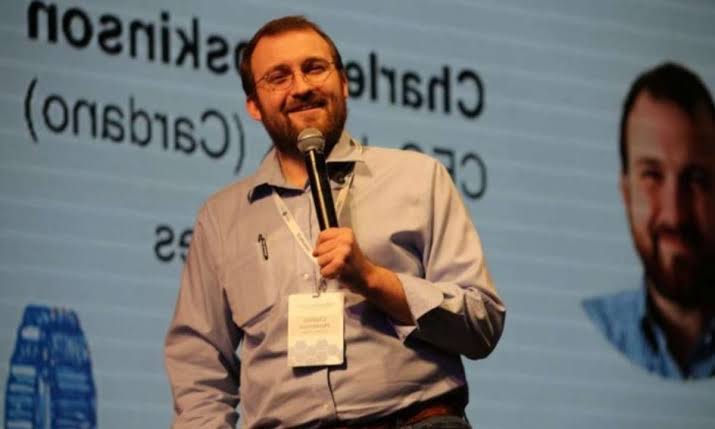The Vasil upgrade is being implemented with “abundance of caution,” according to Cardano developers IOHK, who also acknowledge that the delay is disappointing.

The long-awaited Vasil upgrade has been delayed by one month, according to (IOHK), the blockchain company that oversees the Cardano network.
According to Cardano co-founder Charles Hoskinson, the Vasil upgrade will give Cardano and its smart contract capabilities a “huge performance gain.” Previously, June 29 was scheduled for its completion. However, the most recent projection now places it within the final week of July.
The core Input Output Global (IOG) team working on the upgrade is “very close to finalizing the core work,” according to a Monday blog post by Nigel Hemsley, head of delivery and project at IOHK, but there are still seven faults that need to be fixed. None of them fit the definition of “severe,” he added.

“The work on Vasil has been the most complex program of development and integration to date, from several angles. It’s a challenging process that requires not only significant work from core teams, but also close coordination across the ecosystem,” Hemsley wrote.
As a result, the IOG team and the Cardano Foundation, the non-profit organization in charge of managing Cardano’s development, decided to postpone submitting the Vasil hard fork to the Cardano testnet from June 20 to June 29.
Devs of Cardano-based decentralized apps (DApps) and stake pool operators SPOs will have around four weeks after the testnet’s hard fork “to carry out any required integration and testing work” before the Vasil hard fork begins on the mainnet in late July.
“This is only reasonable and should not be rushed. The working assumption should therefore now be a Cardano mainnet hard fork occurring during the last week of July.”
“We recognize that this news will be disappointing to some. However, we are taking an abundance of caution to ensure that we do this deployment correctly,” Hemsley added.

The Vasil update will be the network’s most significant upgrade since the Alonzo hard fork in September 2021, which enabled Cardano smart contracts and a flurry of new DeFi use cases.
The network’s scalability and usability will be improved with the planned Vasil hardfork. Vasil will discuss the four Cardano Improvement Proposals (CIPs) 31, 32, 33, and 40, which seek to rethink how Cardano’s Plutus scripts are sent to the blockchain.
The CIP upgrades are anticipated to reduce transaction costs, boost decentralization and network speed, and address the “concurrency” issue, which has so far significantly hampered the scaling of blockchain systems.